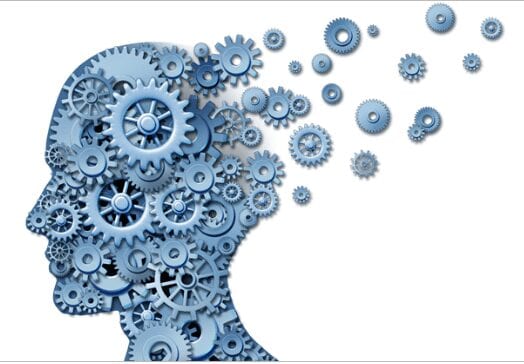Memory problems, also known as cognitive impairment or dementia, can be caused by a variety of factors including aging, head injury, infection, substance abuse, and certain medical conditions such as Alzheimer's disease. These problems can range from mild forgetfulness to severe memory loss and can greatly impact an individual's daily functioning and quality of life.
In a mental health setting, a psychiatric service can help individuals with memory problems by first conducting a thorough evaluation to determine the cause of the memory problems. This may include a medical evaluation, neuropsychological testing, and imaging studies.
Once the cause of the memory problems has been determined, the psychiatrist can then recommend an appropriate course of treatment. This may include medication management, which can help to slow the progression of memory loss or improve symptoms in certain cases. Medications such as donepezil, rivastigmine, and galantamine are commonly used to treat Alzheimer's disease, while methylphenidate is often used to treat attention deficit hyperactivity disorder (ADHD) which can affect memory.
In addition to medication management, a psychiatrist may also recommend non-pharmacological treatments such as cognitive-behavioral therapy or cognitive rehabilitation. These therapies can help individuals improve their memory and cognitive skills, and learn strategies for coping with memory problems.
In some cases, a psychiatrist may also work with other healthcare professionals such as a neurologist, geriatrician, or psychologist to provide a comprehensive treatment plan for the individual.
Overall, medication management and therapy are important in treating memory problems and a psychiatrist plays a key role in providing guidance and support to individuals with memory problems. The psychiatrist can provide education on the condition, and help the individual and their family to understand the implications of the condition and how to manage it. They can also help the individual with developing coping strategies to help them manage the difficulties that can come with memory problems and help them continue to live a meaningful life despite the condition.

